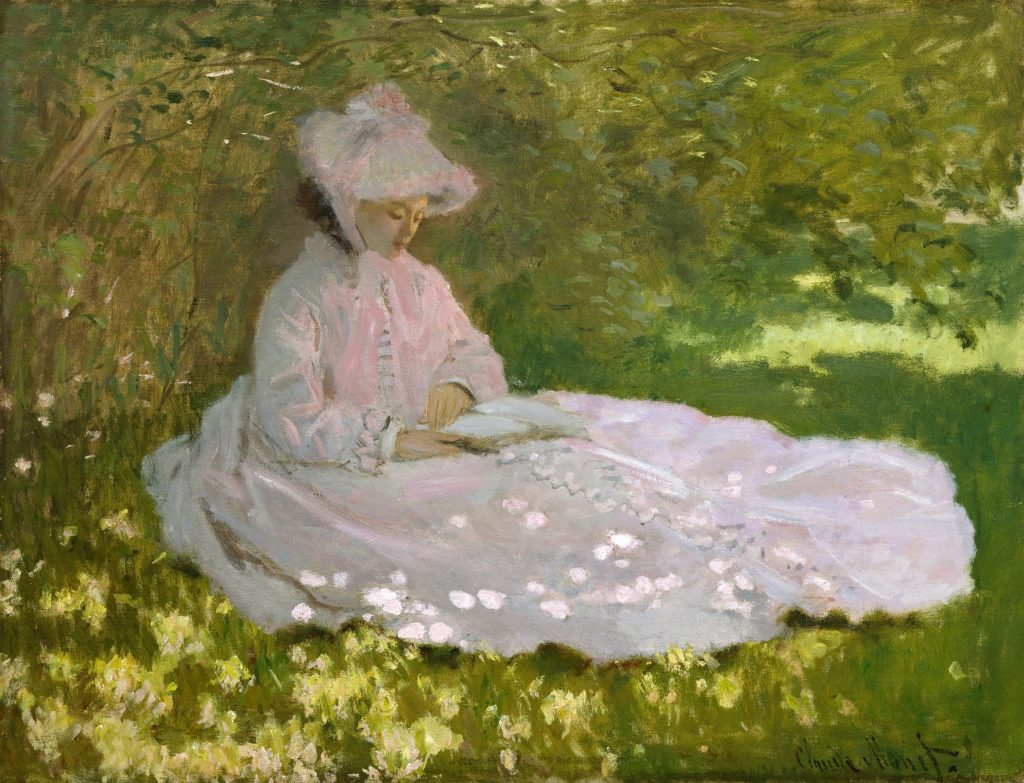
We are all blessed to have access to the work of hundreds of years worth of authors since the inventing of the printing press. There’s so much to love about books that were written long ago, and many of us have been influenced by writers who were long dead before we were even born.
But every writer, particularly one seeking publication, has one essential challenge: you have to write for today’s readers, not for the readers of the past.
Conventions change. Craft changes. Social mores change. Tastes change.
It’s fine to find inspiration in the past, but don’t defend your work from criticism by invoking a book that was written more than 10 years ago. The market and culture has changed immeasurably even in that time. Who knows if a certain book from the past would have been written the same way or have received the same reception or if it would have been published entirely.
This is why it’s so important to stay abreast of the market, to read what’s currently appealing to readers, and to be familiar with contemporary conventions. Even if your favorite authors are long gone.
Need help with your book? I’m available for manuscript edits, query critiques, and coaching!
For my best advice, check out my online classes, my guide to writing a novel and my guide to publishing a book.
And if you like this post: subscribe to my newsletter!
Art: Springtime by Claude Monet



I struggle with this mightily. Not because I don’t read newer books, but when an idea hits me and I pursue it, I’m often not thinking about how it fits into the modern market or genre trends. I just sort of roll with it, which leaves me scrambling after I’ve finished a first draft, trying to figure out where it “fits” and what the comps might be.
I hear you, KA. I too have been struggling with this. Other writer help sites have said the same thing,
Here’s my particular problem: I’ve written a memoir. The setting is all the way back to 1964 when I was a college student in a crisis. My first year had been a disaster and I was at odds with myself about signing up for another semester. My decision was made no easier when I had a run-in with a professor who was in large part the cause of my crisis. To spite this man I went ahead and signed up but was still bummed out. To help take my mind off my troubles, I attend the college “mixer” dance that night and meet a wonderful, unique young lady. We get to know each other and she turns my life around — and I do hers. We marry and six years later, 1970, I read Eric Segal’s soon to be famous novel, Love Story. I’m amazed at all the similarities and parallels in Segal’s book and my own personal story and determine someday to write mine down. So I have now, and in the preface make reference to Love Story and the similarities, as well as the differences. I don’t intend to make that reference in a query, mostly because I haven’t read a modern book with the same common themes. I’m sure they’re out there but I stopped reading “love stories” after Segal’s because I thought mine was better! I don’t know. Maybe I should start looking and find a few, huh?
This seems even more tricky if you take into account that some of us are slow writers. It may take us a year or two or more to write and edit a book. And then to query and go through the publishing process. But I totally get it. In a story I wrote, a character used a payphone. Not long after I finished writing, all of the payphones were taken down, so I had to rewrite the scene. Actually, I’ve written several stories that seemed dated soon after writing. I guess, my advice is to look for universal truths that will hold over time. And maybe be future thinking, which means you have to be up to date with trends and have a little insight/projections into what the world will be like in 10 to 20 years.